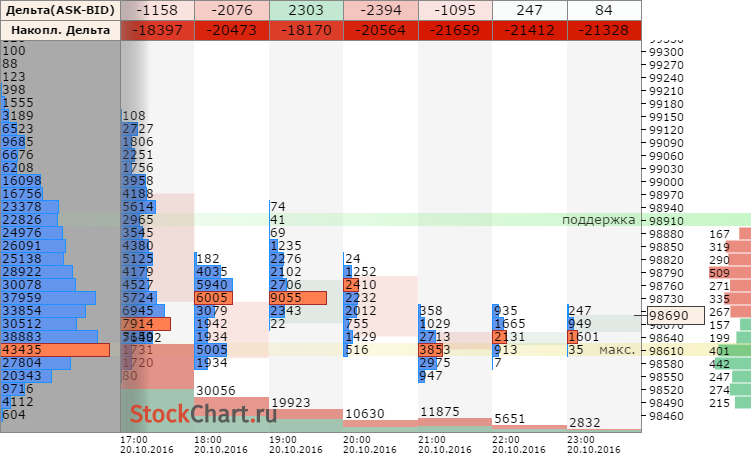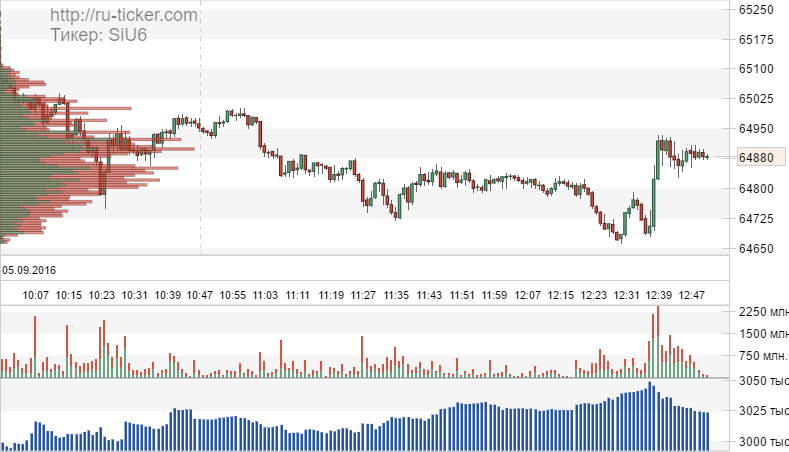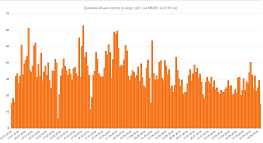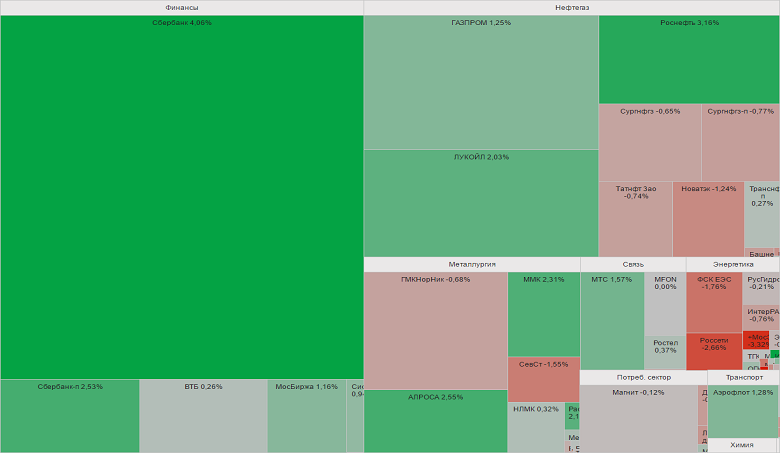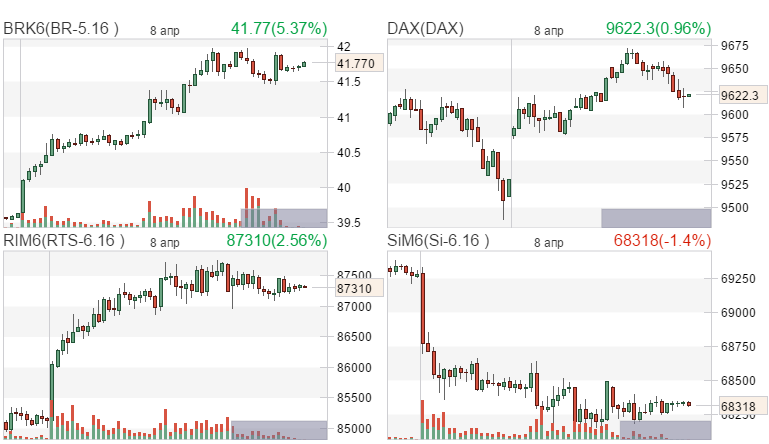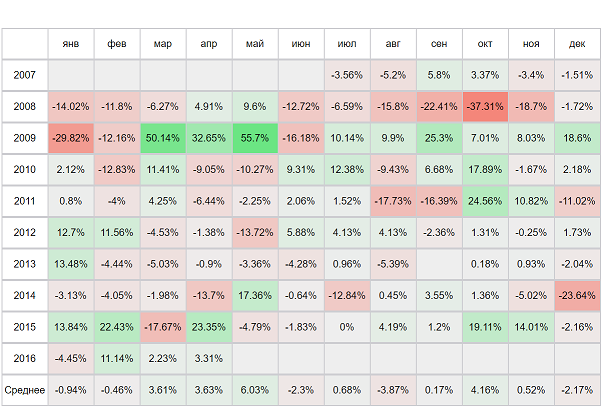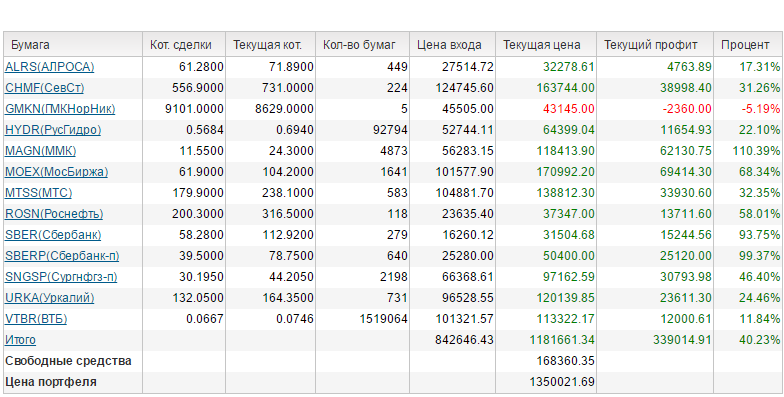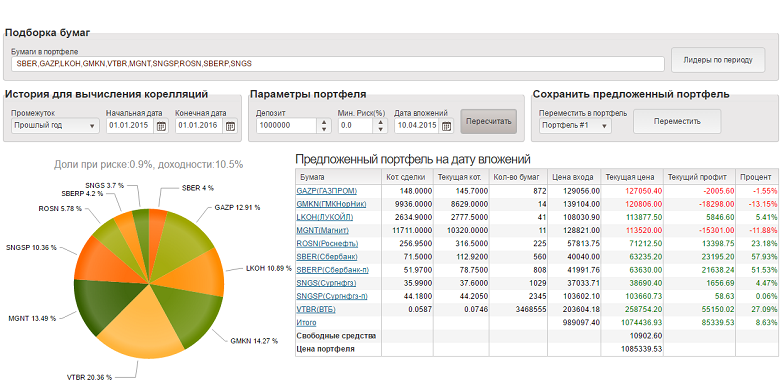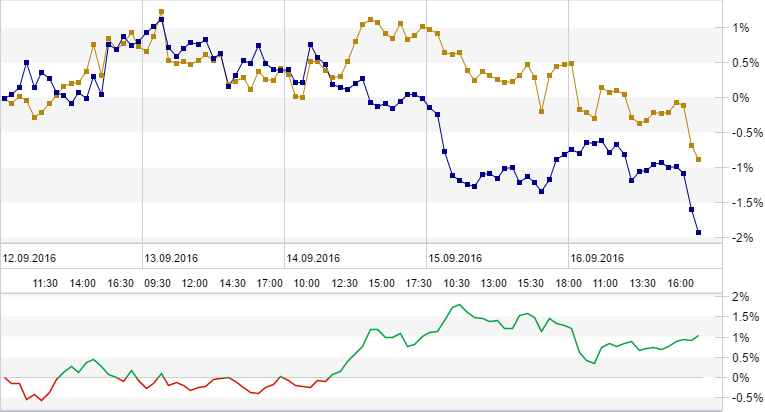 |  |  | |||||||||||
 |
|
||||||||||||
 |  |  | |||||||||||||||
 |
|
||||||||||||||||

Техническая поддержка
ONLINE
 |  |  | |||||||||||||||||
 |
|
||||||||||||||||||
Stagflation | Inflation | Finance & Capital Markets | Khan Academy
ruticker 07.03.2025 23:39:00 Recognized text from YouScriptor channel Khan Academy
Recognized from a YouTube video by YouScriptor.com, For more details, follow the link Stagflation | Inflation | Finance & Capital Markets | Khan Academy
We've learned that a moderate level of inflation is normally associated with a good economy. However, what we saw, particularly in the early '70s, in 1973 when the oil embargo hit, was the emergence of something called **stagflation**. This is a bizarre circumstance where you have inflation at the same time as stagnation in the economy. So, that's where they get this combination of words: **stagflation**. Let's think about how that would happen, particularly due to a **supply shock**. There are other ways to get stagflation, such as through strange regulations or overregulation, but the classic example is a supply shock. When we say **supply shock**, we mean something like an oil embargo, where all of a sudden the supply of oil—or the supply of something—just goes down dramatically. This could be due to some type of emergency or literally because of an embargo. Now, think about how that would affect the rest of the economic chain. If the supply of something dramatically goes down, we know that supply has an inverse relationship with price. So, when supply goes down, bam! Right there, you see prices immediately go up. When you think about something like oil, you might say, "Hey, oil is only part of my pocketbook when I drive around." But it's not just that; even when you buy fruit, you're really paying for the transportation cost. So, the price of oil affects fruit, food, and any goods and services. It's one of these things that's pervasive throughout the economy. If the prices of a bunch of things generally go up, what's going to happen to demand? Once again, we see an inverse relationship. Demand is going to plummet. If demand plummets, utilization plummets, investment plummets, and profit is going to plummet. Now, because utilization is going down and prices have gone up, it's not the price that they can sell things at. Price is fundamentally a big cost, especially from a U.S.-centric point of view. If oil is an import, as in the case of the early '70s, then price going up will have an inverse relationship with costs. So, once again, hitting profits hard. If all of these things go down, that's just going to kill employment, kill wages, and further worsen demand. So, **stagflation** is that situation where you have some type of shock to the system. In the classic scenario, it hits supply so hard that it causes massive inflation in one part of the economy, and in the case of oil, that affects other parts of the economy. All of that kind of throws a monkey wrench in everything else.
Залогинтесь, что бы оставить свой комментарий

